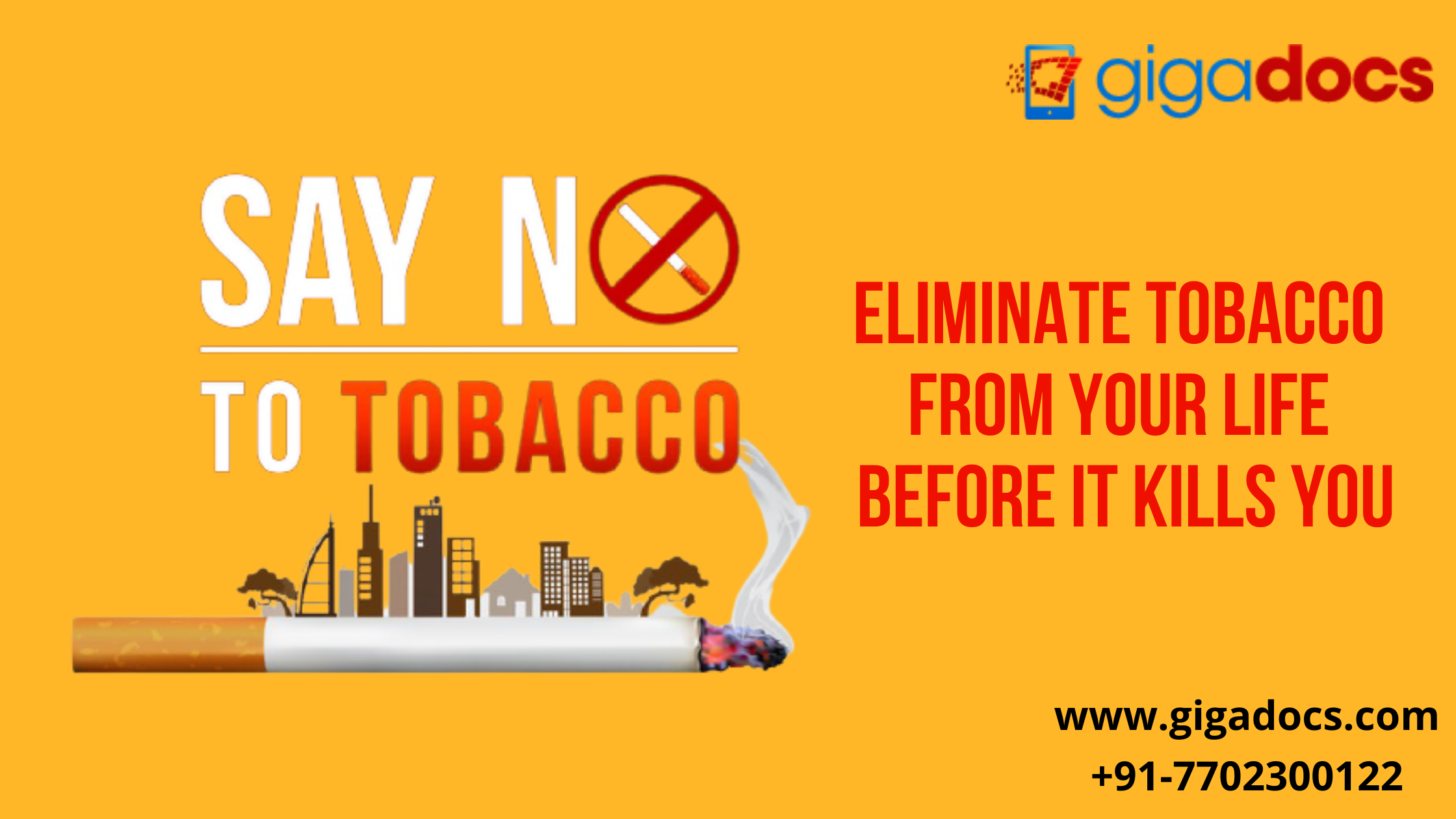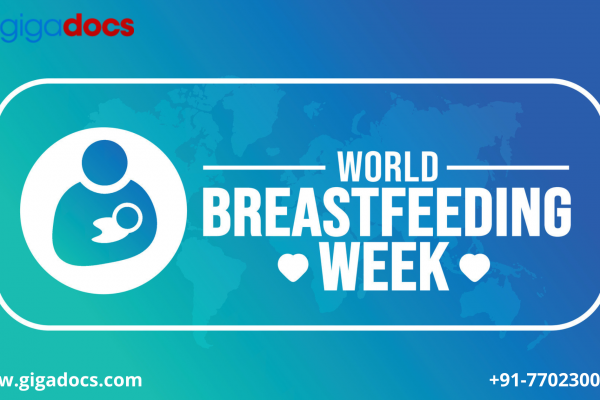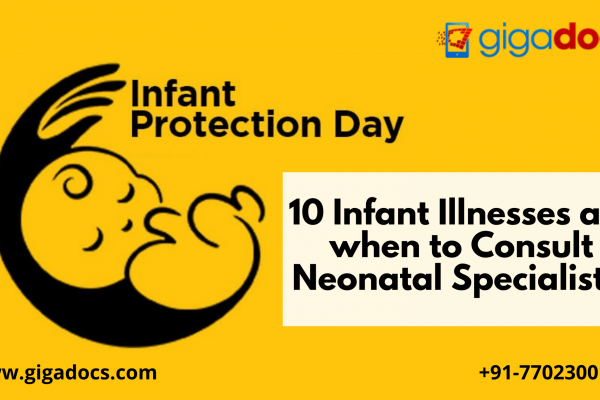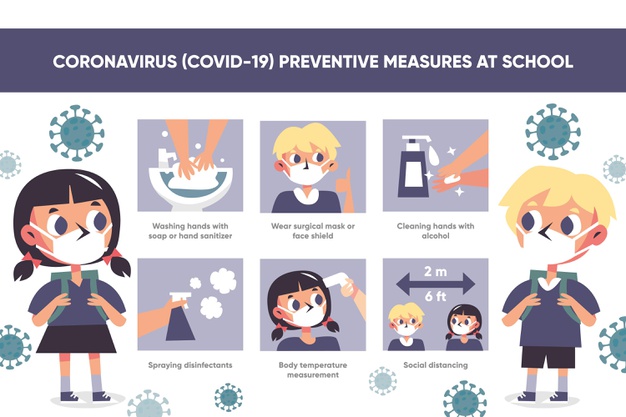Every year, more than 1.3 million people in India die as a result of tobacco-related illnesses like cancer, with one million of those deaths attributable to smoking. One needs a powerful, and personal reason to quit smoking. Around 55% of smokers choose to quit or intend to quit.
When you smoke, you release chemical particles into your lungs that in turn get absorbed within your body. Besides damaging your lungs, your blood carries these chemicals through your body affecting your heart and other body systems. Even if you have smoked for a long time, you can reverse the bad effects of smoking. Though the damages last a long time, when you quit smoking, there are a few benefits that you can experience within a few hours of you quitting smoking.
Smoking and dangers of Covid-19
What makes you more vulnerable to Covid-19 when you smoke?
Smoking lowers your immunity and raises the risk of contracting diseases associated with respiratory illnesses such as COVID-19 or tuberculosis. Smokers are at risk when their fingers (and potentially infected cigarettes) come into contact with their mouths, increasing the risk of Covid transmission from hand to mouth.
Quitting Smoking
It can take a long time and a lot of effort to quit smoking. Despite the fact that March 13 is designated as World No Smoking Day, you can stop smoking at any time during the year. The key goal of International No Smoking Day is to raise awareness about the adverse health consequences of smoking and tobacco use in all forms, including cigarettes and other forms of tobacco. After you stop smoking, here’s what happens:
| Time line since your last Smoke | Effects of Quitting Smoking |
| 20 Minutes | Quitting smoking lowers the risk of lung, oral, and other cancers within a day, blood levels of carbon monoxide fall. Within 20 Minutes your heart rate starts to stabilize. |
| 8 hours | Within eight hours your carbon monoxide levels will be restored to healthier parameters. (Carbon monoxide found in cigarette smoke, replaces oxygen ions in the blood, causing the tissues to absorb less oxygen.) With an absence of carbon monoxide levels, your oxygen levels would reinstate back to a normal state. This extra oxygen aids in the nourishment of tissues and blood vessels. |
| 24 hours | You’ve lessened the chances of having a heart attack. This is due to less constriction of veins and arteries, as well as higher oxygen levels in the blood flowing to the heart, which aids in its operation. |
| 48 hours | Nerve ends that had previously been impaired begin to regrow after 48 hours. You will also note that the senses that were previously dulled by smoking begin to improve. You might notice that you’re smelling and tasting things better than before. |
| 72 hours | You should notice a difference in your breathing within three days of stopping smoking, due to the fact that the bronchial tubes inside the lungs have begun to relax and open up more. This facilitates the exchange of carbon dioxide and oxygen in the air. In addition, three days after stopping smoking, your lung capacity increases. |
| One Week | The one-week mark is important not just for your fitness, but also for your long-term success rate in quitting smoking. Smokers who go one week without smoking are nine times more likely to succeed in quitting. If you succeed to stay away from smoking for a week, it is more likely you will form this as a habit for the entire lifetime. |
| Two Week | You can note that you’re not just breathing better after two weeks of not smoking. Walking becomes simpler as well, due to increased ventilation and oxygenation. In the first two weeks after quitting smoking, the lung function improves by up to 30%. |
| One Month | You will feel a boost in overall energy in just one month. Exercise may also help to relieve sinus congestion and shortness of breath. In addition to these advantages, fibers in the lungs that aid in lung protection are regenerating. These fibers can aid in the reduction of mucus build-up and the prevention of bacterial infections. |
| Three Months | A woman’s fertility and the possibility of her unborn child born pre-maturely can both be improved within three months of quitting smoking. |
| Six Months | Many people find that six months after quitting smoking, they are better able to manage challenging situations without the need to smoke. They could also find that they’re coughing up a lot less mucus and phlegm than normal. This is due to the fact that without prolonged exposure to tobacco smoke and the toxins found inside cigarettes, the airways are much less inflamed. |
| One Year | After one year of stopping smoking, the lungs would have undergone significant health gains in terms of capacity and working. You would have saved a significant amount of money in addition to these health benefits. Smoking cigarettes is costly. Consider how much money you would have saved if you smoked a pack of cigarettes every day for a year. |
| Three Years | Your risk of heart attack has decreased to that of a non-smoker three years after quitting smoking. Smoking not only reduces oxygen supply to the heart. It also causes damage to the artery lining. Fatty tissue begins to accumulate, increasing the risk of a heart attack or stroke. |
| Five Years | When you quit smoking, the chance of lung cancer death drops by half compared to when you were smoking. |
| Ten Years | Your chances of dying from lung cancer have dropped to those of a non-smoker. Healthy cells have taken the place of the previously malicious cells. In addition to lowering the risk of lung cancer, quitting smoking lowers the risk of developing smoking-related illnesses. Cancers of the mouth, oesophagus, bladder, kidneys, and pancreas are all at a lower risk. |
| Fifteen Years | Your risk of heart disease and stroke has reduced to the same level as someone who has never smoked at the 15-year mark. |
Healthy Habits that Help Quit Smoking.
- Spend as much free time as possible in public areas where tobacco products are not permitted during the first few days after quitting smoking. (Examples include shopping malls, theatres, and restaurants – don’t forget your face mask and social distancing.)
- Take extra care of yourself. Drink water, eat well and get enough sleep. This will provide you with the energy you need to deal with additional stress.
- Keep something else in your hand if you miss the sensation of holding a cigarette – a pencil, a paper clip, or a coin, for example – if you miss sensation of holding a cigarette in your hand.
- Prepare yourself for potential scenarios or crises that can tempt you to smoke again and remember why you wanted to quit in the first place. Put a photo of the people who are most important to you somewhere you can see it every day, or keep one on your phone, to remind yourself of these reasons.
- Quick bursts of exercise (try push-ups, lunges, walking up the stairs, touching your toes, or relaxing muscles).
- Instead of 1 or 2 big meals, eat 4 to 6 small meals during the day. This helps to keep blood sugar levels stable, energy levels controlled, and impulses to smoke or chew at bay. Sugary and spicy foods can be triggers, so stay away from them.
How to Avoid Smoke Carvings
When you feel a strong urge to smoke you may notice that your mood changes, and you might experience feelings of anxiety, irritability, anger, frustration, and even depression.
If you’re experiencing these symptoms for more than a month, you should see a doctor in the Gigadocs practice management app.
Healthy Living with Gigadocs
Make sure to keep up with your routine medical check-ups after you’ve quit smoking. Consulting a digital doctor from the privacy and comfort of your own home can be extremely beneficial and secure especially when the number of Covid-19 cases is on the rise. The Gigadocs practice management app allows you to consult telemedicine doctors via phone or video call at your convenience.
Young parents can check the next immunization dates for their children on the Gigadocs Vaccination Schedule Chart, which gives the vaccination schedule based on the child’s date of birth.
On the Gigadocs app, consult experts from the comfort and privacy of your home. Download Gigadocs- your one-stop destination for all your healthcare needs.
Download the Gigadocs app from-
- IOS App – apple.co/2W2iG4V
- Android App – bit.ly/33AQoRC
To know more and schedule a Virtual Consultation demo, Email us at info@gigadocs.com




